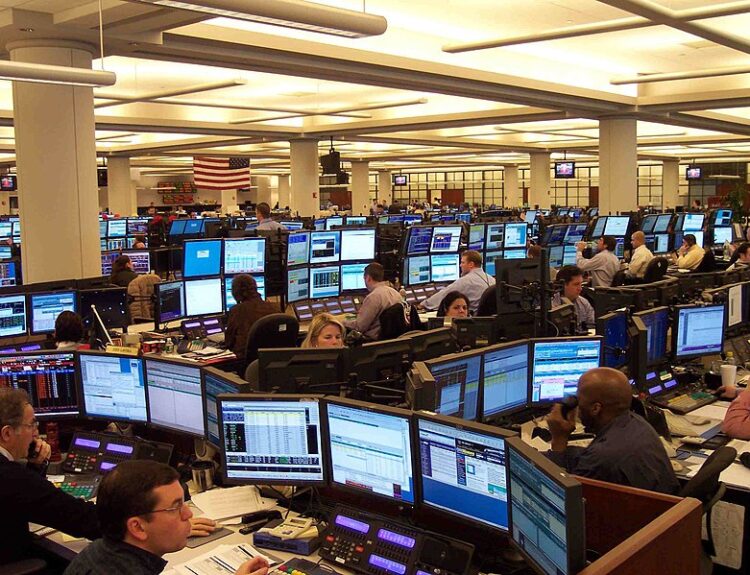Is financial freedom the new benchmark for the upper class?
- Many Americans debate their class status based on income and assets.
- Financial security, rather than income level, defines the upper class for many.
- High earners often live paycheck to paycheck due to high expenses.
- The concept of class is evolving, with terms like ‘trapped class’ and ‘freedom class’ emerging.
- Economic inequality forces many families to rely on dual incomes to maintain a middle-class lifestyle.
- The desire for financial freedom is leading to a shift in how people view their economic status.
In discussions about class status on platforms like Reddit, many Americans frequently question their classification as middle or upper class. This debate often centers around income levels, asset values, and the impact of debt. Robert Menjivar, a California resident, shares his experience of being laid off twice, despite earning over $200,000 in a previous role. He and his wife saved 40% of their post-tax income, yet he still identifies as middle class, emphasizing that true class status is about financial security rather than just income. nnEven households earning significantly above the median income often feel financially precarious. For instance, Gloria Russell, who earned $220,000 at Amazon Web Services, was laid off and now struggles to afford health insurance. This sentiment is echoed by many high earners who find themselves living paycheck to paycheck, burdened by expenses like housing and childcare. nnSurveys reveal that nearly half of those earning over $100,000 annually report living paycheck to paycheck, highlighting a growing financial insecurity among even the highest earners. This has led to the emergence of new class categories, such as the ‘trapped class’—those who cannot afford to stop working—and the ‘freedom class’—those who enjoy financial independence. nnExperts argue that the traditional view of class based on income is outdated. Instead, they propose a lifestyle-based framework that considers how individuals manage their finances and the choices they make. Many high-income earners feel trapped by their financial obligations, while others with lower incomes may feel more secure and content. nnThe desire for financial freedom is reshaping how Americans view their economic status, with many seeking to reclaim their time and reduce their financial burdens. The FIRE (Financial Independence, Retire Early) movement exemplifies this shift, encouraging individuals to save aggressively for a future free from financial constraints. nnUltimately, the conversation around class in America is evolving, with a growing recognition that financial security and lifestyle choices play a crucial role in defining one’s economic status.·
Factuality Level: 7
Factuality Justification: The article provides a detailed exploration of the perceptions of middle-class status and financial security in the U.S., supported by personal anecdotes and survey data. However, it includes some subjective interpretations and opinions that may not universally apply, which slightly detracts from its overall objectivity.·
Noise Level: 8
Noise Justification: The article provides a thoughtful analysis of the complexities surrounding the concept of middle class in America, exploring financial security beyond mere income levels. It includes personal anecdotes, survey data, and expert opinions, which support its claims and offer actionable insights into the financial struggles faced by many, making it relevant and informative.·
Public Companies: Amazon Web Services (AMZN)
Private Companies: biotech startup,small firm
Key People: Robert Menjivar (financial-planning and analysis manager), Gloria Russell (senior instructional designer), Isabel Sawhill (economist and senior fellow emeritus at the Brookings Institution), Ramit Sethi (podcast host and author), Scott Murray (head of analytics at Pymnts), Chistopher Wong Michaelson (professor at the University of St. Thomas), Alissa Quart (author)
Financial Relevance: Yes
Financial Markets Impacted: The article discusses the financial challenges faced by middle-class families, including job security, income levels, and the impact of inflation on financial stability, which can influence consumer spending and economic trends.
Financial Rating Justification: The article focuses on the financial struggles and perceptions of middle-class individuals regarding their economic status, job security, and financial freedom, making it highly relevant to financial topics.·
Presence Of Extreme Event: No
Nature Of Extreme Event: No
Impact Rating Of The Extreme Event: No
Extreme Rating Justification: The article discusses financial insecurity and class perceptions but does not report on any extreme event that occurred in the last 48 hours.·
Move Size: No market move size mentioned.
Sector: All
Direction: Down
Magnitude: Large
Affected Instruments: No
 www.marketwatch.com
www.marketwatch.com 





